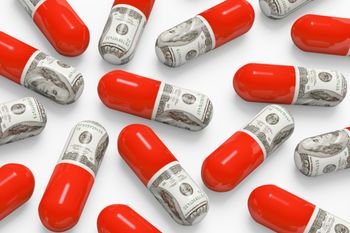
Strategic management of the supply chain is vital to winning with customers. Cost and quality are important, but they are not the only things customers care about: New services, flexibility in relationships, supply reliability, and creatively overcoming obstacles in delivery of products are also core values. Pharmaceutical product portfolios and customers are becoming more complex. To stay ahead, customer-focused supply-chain capabilities is becoming an increasingly crucial part of a company’s competitive advantage.










